Understanding the Insights of The Period Repair Manual by Dr. Lara Briden
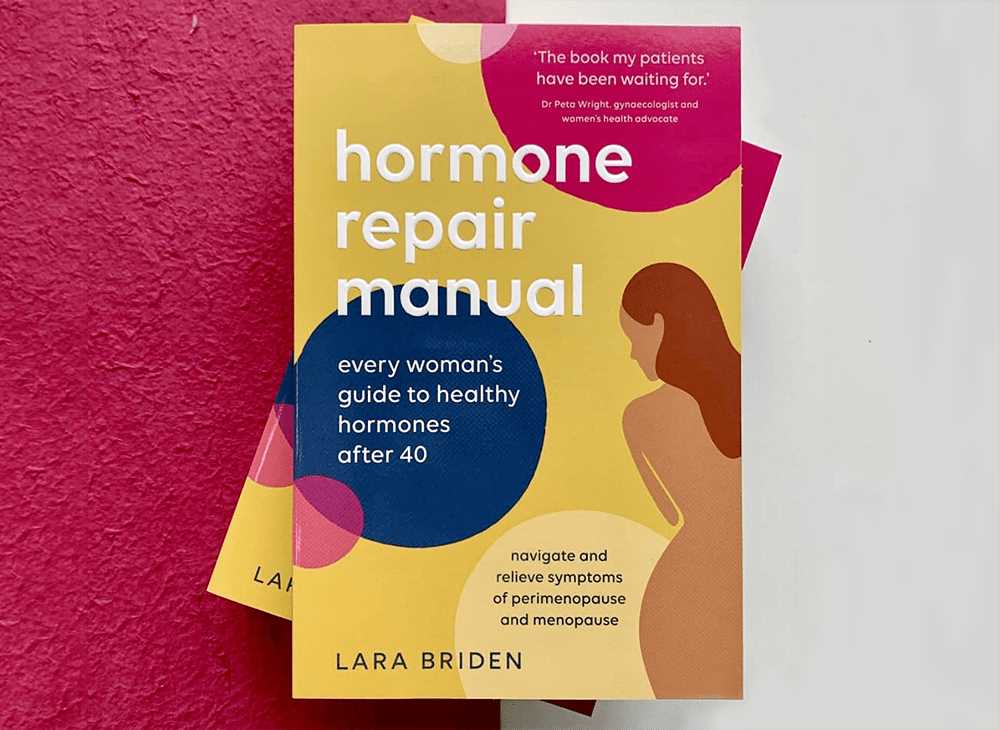
Exploring the complexities of female health, this insightful resource offers guidance for those navigating challenges related to reproductive well-being. It emphasizes the importance of recognizing underlying issues that can affect regular cycles, mood stability, and overall vitality.
Through evidence-based approaches and practical advice, individuals can empower themselves with knowledge about hormonal balance, nutrition, and lifestyle modifications. This text serves as a valuable tool for anyone seeking to enhance their understanding of bodily functions and promote long-term health.
Focusing on holistic solutions, it encourages a proactive stance in managing symptoms and achieving optimal well-being. By prioritizing self-care and informed choices, readers can foster a deeper connection with their own health journeys.
The Period Repair Manual Overview
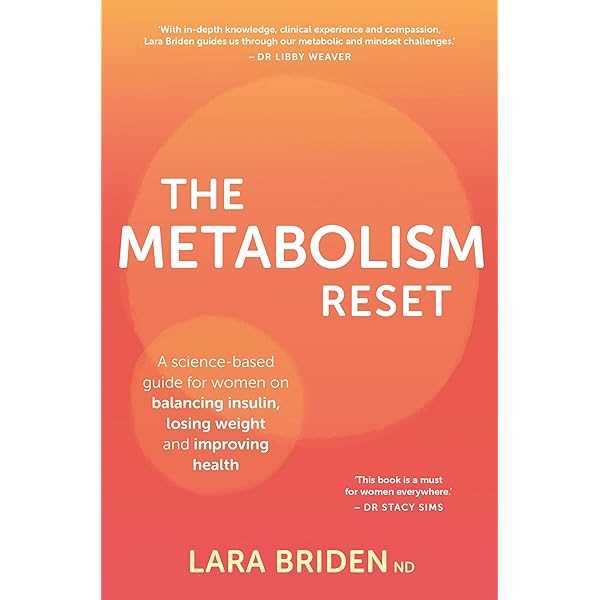
This guide offers a comprehensive exploration of women’s health, focusing on hormonal balance and natural approaches to achieving well-being. It emphasizes understanding the intricacies of the menstrual cycle and the importance of addressing various issues that may arise over time.
Key concepts are presented in a user-friendly manner, allowing readers to grasp complex topics related to reproductive health. The author advocates for informed decision-making, empowering individuals to take control of their wellness through lifestyle changes and natural remedies.
Throughout the content, practical strategies are provided, along with insights into nutrition, exercise, and emotional well-being. This holistic approach aims to restore balance and support overall vitality, making it a valuable resource for anyone seeking to enhance their health journey.
Understanding Hormonal Health
Hormonal wellness is essential for overall well-being and plays a crucial role in various bodily functions. This intricate system influences mood, energy levels, metabolism, and reproductive health. Gaining insight into how these biochemical messengers operate can empower individuals to make informed choices that enhance their health.
Key Hormones and Their Functions
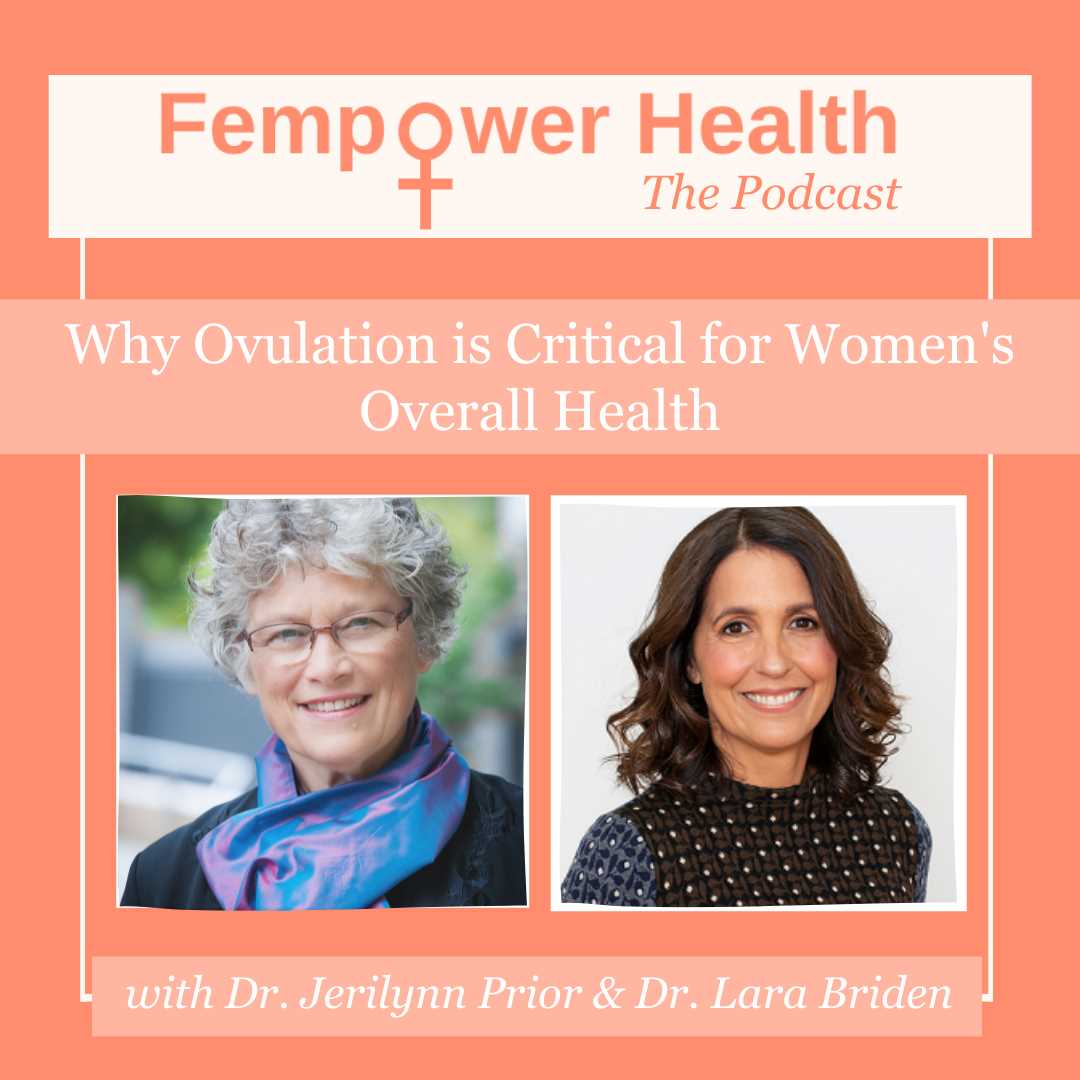
Several vital hormones significantly impact daily life. Estrogen, progesterone, and testosterone are pivotal in regulating reproductive functions, while insulin manages blood sugar levels. Additionally, cortisol helps the body respond to stress. A balance among these substances is essential for maintaining optimal physical and emotional states.
Factors Affecting Hormonal Balance
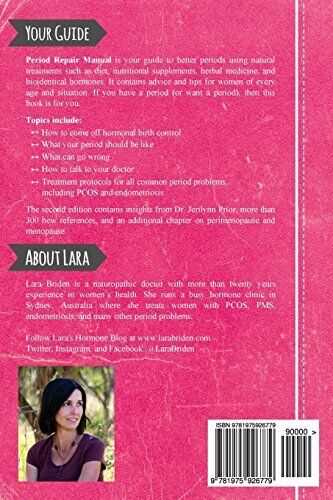
Numerous elements can disrupt hormonal equilibrium, including diet, lifestyle, and environmental influences. Stress, inadequate sleep, and nutritional deficiencies can all contribute to imbalances. Understanding these factors allows individuals to implement strategies for restoring harmony and improving overall health.
Common Menstrual Disorders Explained
Menstrual irregularities can significantly impact quality of life for many individuals. These disturbances may manifest in various ways, including changes in flow, cycle length, or associated symptoms. Understanding these issues is crucial for effective management and improved well-being.
Types of Irregularities

Several common conditions can arise, such as dysmenorrhea, characterized by painful sensations during the cycle, and amenorrhea, which involves the absence of menstruation. Additionally, some may experience menorrhagia, marked by excessively heavy bleeding, or oligomenorrhea, defined by infrequent cycles. Each of these conditions requires attention and can often be addressed through lifestyle adjustments and medical interventions.
Causes and Management
Underlying factors contributing to these disturbances can range from hormonal imbalances to stress and lifestyle choices. Identifying root causes is essential for effective treatment. Various strategies, including dietary changes, physical activity, and medical therapies, can help alleviate symptoms and restore a regular cycle.
Natural Approaches to Menstrual Issues

Addressing challenges related to the menstrual cycle can be approached through various holistic and evidence-based methods. These strategies focus on restoring balance and promoting overall well-being, allowing individuals to navigate their cycles with greater ease. By utilizing natural remedies, lifestyle adjustments, and dietary changes, one can potentially alleviate discomfort and support hormonal health.
Dietary Adjustments
Nutrition plays a pivotal role in managing symptoms associated with the monthly cycle. Incorporating foods rich in essential vitamins and minerals, such as omega-3 fatty acids, magnesium, and vitamin B6, may help reduce inflammation and improve mood stability. Whole grains, leafy greens, nuts, and seeds should be included in daily meals to foster optimal health. Staying hydrated is equally important, as it can combat bloating and enhance energy levels.
Herbal Remedies
Herbs have been used for centuries to support reproductive health. Chaste tree berry and ginger are notable for their potential to balance hormones and alleviate discomfort. Additionally, raspberry leaf tea is often recommended for its toning properties on the uterine muscles. It is essential to consult with a healthcare professional before starting any herbal regimen to ensure safety and efficacy.
Nutritional Strategies for Hormone Balance
Achieving harmony within the body often relies on the nutrients consumed. Proper dietary choices can significantly impact the endocrine system, promoting equilibrium among various hormones. Understanding how specific foods and nutrients influence hormonal health can lead to improved well-being and vitality.
Incorporating a diverse array of whole foods while minimizing processed options is essential. Certain nutrients play critical roles in supporting hormonal functions, helping to regulate mood, energy levels, and overall health. Below are key components that contribute to a balanced hormonal environment.
| Nutrient | Sources | Benefits |
|---|---|---|
| Omega-3 Fatty Acids | Fish, flaxseeds, walnuts | Reduce inflammation, support brain health |
| Magnesium | Leafy greens, nuts, seeds | Regulates stress response, aids in sleep |
| Zinc | Shellfish, legumes, seeds | Supports immune function, aids in hormone production |
| Fiber | Whole grains, fruits, vegetables | Promotes digestive health, regulates blood sugar |
| Vitamin D | Fatty fish, fortified foods, sunlight | Enhances mood, supports reproductive health |
Incorporating these nutrients into daily meals can pave the way for better hormonal stability. Mindful eating and balanced nutrition create a strong foundation for overall health and well-being.
Impact of Stress on Menstrual Cycles
Stress plays a significant role in influencing various bodily functions, particularly those related to hormonal balance. Emotional and physical pressures can disrupt the intricate systems that regulate reproductive health, leading to noticeable changes in cycle patterns and overall well-being.
Hormonal Imbalance
When faced with stress, the body releases hormones such as cortisol, which can interfere with the production of reproductive hormones. This disruption may result in irregularities, including delayed ovulation or even skipped cycles. Understanding this connection highlights the importance of managing stress for maintaining a healthy cycle.
Psychological Effects
Emotional challenges can also contribute to heightened anxiety and mood swings, further impacting overall health. These psychological factors may exacerbate physical symptoms, leading to more discomfort during certain phases of the cycle. Embracing stress-reduction techniques, such as mindfulness or exercise, can provide significant benefits in restoring balance.
Importance of Gut Health
Maintaining a balanced digestive system plays a crucial role in overall well-being. A thriving gut contributes not only to efficient digestion but also to immune function, mood regulation, and nutrient absorption. This interconnectedness underscores why gut health deserves significant attention.
Connection to Hormonal Balance
A healthy gut microbiome influences hormonal equilibrium, which is vital for various bodily functions. Disruptions in this balance can lead to symptoms such as fatigue, mood swings, and irregular cycles. Thus, nurturing gut flora is essential for achieving optimal hormonal health.
Impact on Inflammation
Gut health also affects inflammation levels in the body. An imbalance can trigger chronic inflammation, linked to numerous health issues. By prioritizing a diverse diet rich in probiotics and prebiotics, individuals can help mitigate inflammation and promote a healthier system.
Exercise and Menstrual Wellbeing
Engaging in physical activity plays a crucial role in enhancing overall health and supporting the natural rhythms of the body. Regular movement not only boosts energy levels but also contributes to emotional stability and physiological balance. Incorporating various forms of exercise can lead to improved experiences during different cycles, helping individuals feel more empowered and in tune with their bodies.
Benefits of Physical Activity

Incorporating exercise into daily routines can offer a multitude of advantages:
| Benefit | Description |
|---|---|
| Reduced Symptoms | Regular movement can alleviate discomfort often associated with hormonal fluctuations. |
| Improved Mood | Physical activity releases endorphins, which can help mitigate stress and enhance mood. |
| Increased Energy | Exercise boosts stamina, leading to higher energy levels throughout the month. |
| Hormonal Balance | Engaging in fitness routines can support the regulation of hormones and improve overall balance. |
Types of Exercises to Consider
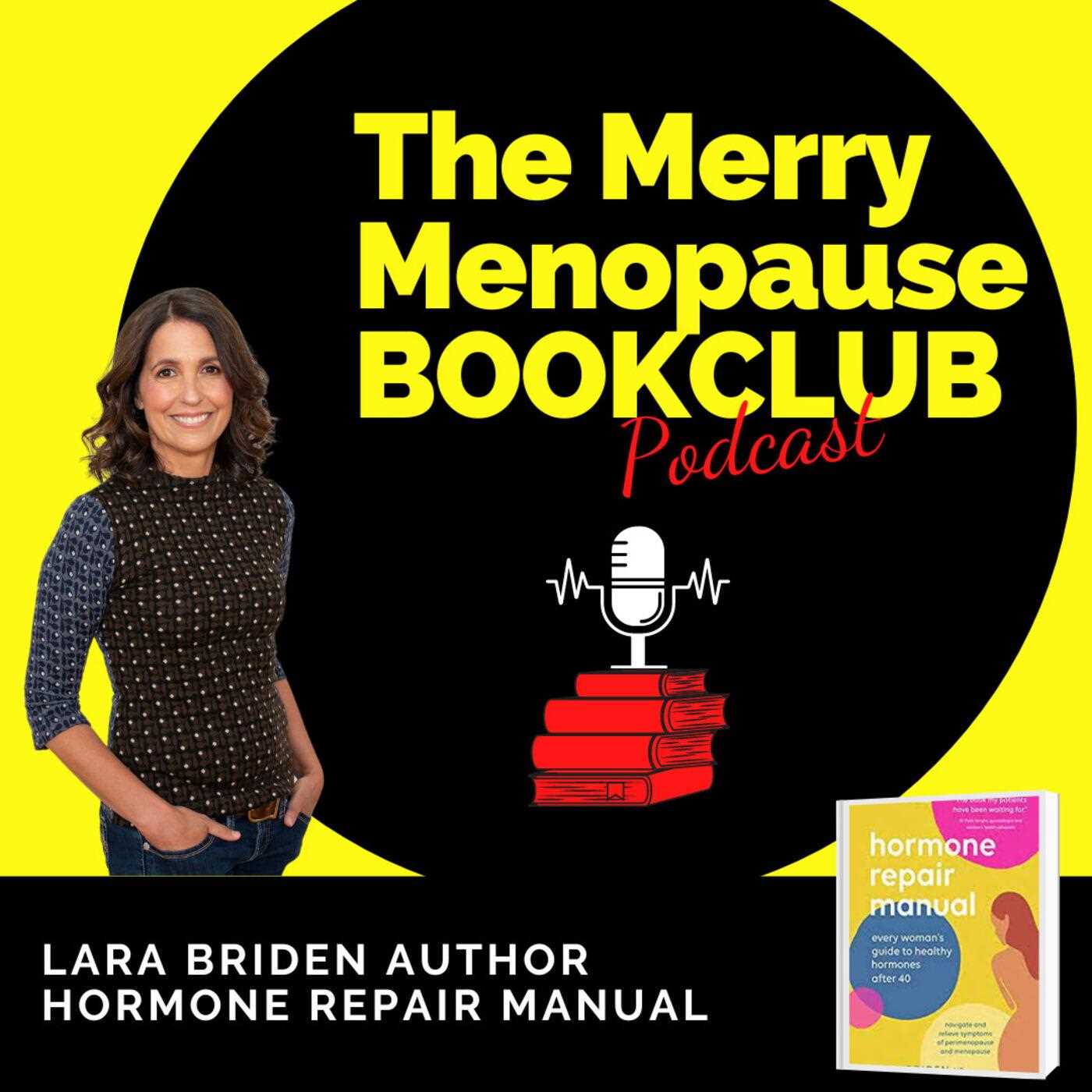
Various forms of physical activity can be particularly beneficial:
- Cardiovascular Exercises: Activities like running, cycling, and swimming help improve blood circulation and elevate mood.
- Strength Training: Building muscle through weight lifting can enhance metabolism and support hormonal health.
- Yoga and Pilates: These practices promote flexibility, mindfulness, and relaxation, which can ease tension and discomfort.
Supplements for Hormonal Support
Achieving hormonal balance is essential for overall well-being, and certain nutrients can play a pivotal role in this process. Supplements offer a means to support the body’s natural functions, helping to regulate hormonal fluctuations and enhance vitality. Understanding which elements to incorporate can empower individuals to make informed choices for their health.
Key Nutrients for Hormonal Balance
Several essential vitamins and minerals are recognized for their positive impact on hormonal health. These nutrients can aid in maintaining equilibrium, alleviating symptoms associated with imbalances, and promoting optimal bodily function.
| Nutrient | Benefits | Sources |
|---|---|---|
| Magnesium | Supports adrenal function and reduces stress | Leafy greens, nuts, seeds |
| Zinc | Essential for hormone production and immune function | Meat, shellfish, legumes |
| Vitamin D | Regulates mood and hormonal balance | Sunlight, fatty fish, fortified foods |
| Omega-3 Fatty Acids | Reduces inflammation and supports brain health | Fish, flaxseeds, walnuts |
Choosing the Right Supplements
When selecting supplements, it is crucial to consider individual needs and consult with healthcare professionals. Personalized approaches ensure that supplementation effectively addresses specific hormonal challenges, contributing to improved health and quality of life.
Case Studies from the Manual
This section presents a variety of real-life examples demonstrating successful approaches to addressing hormonal issues. Each case illustrates unique circumstances and tailored strategies, highlighting the importance of personalized care in achieving optimal health outcomes.
Case Study 1: Overcoming Irregular Cycles
One patient struggled with inconsistent cycles for years, experiencing significant emotional and physical symptoms. Through comprehensive dietary adjustments and lifestyle changes, including stress management techniques, she was able to restore regularity to her cycles. This transformation emphasized the impact of nutrition and well-being on hormonal balance.
Case Study 2: Managing PMS Symptoms
A different individual faced debilitating premenstrual syndrome, affecting her daily life. By implementing targeted supplements and modifications to her exercise routine, she reported a drastic reduction in symptoms. This case exemplifies how strategic interventions can lead to substantial improvements in quality of life.
These examples underscore the effectiveness of a holistic approach to women’s health, showcasing the potential for significant improvements through informed choices and professional guidance.
Implementing Changes in Daily Life
Adopting new habits can significantly enhance overall well-being and health. By making small, manageable adjustments to daily routines, individuals can support their bodies more effectively and foster a more balanced lifestyle. This section explores practical steps to integrate beneficial practices seamlessly into everyday life.
Key Areas for Improvement
- Nutrition: Focus on whole foods, including fruits, vegetables, and lean proteins.
- Physical Activity: Incorporate movement into your day, whether through structured workouts or active leisure.
- Stress Management: Implement relaxation techniques like mindfulness, meditation, or yoga.
- Sleep Hygiene: Establish a consistent sleep schedule and create a restful environment.
Steps to Make Changes
- Identify specific areas for improvement based on personal health goals.
- Set achievable objectives, breaking down larger goals into smaller, actionable tasks.
- Create a supportive environment by surrounding yourself with positive influences and resources.
- Track progress and celebrate small victories to maintain motivation.
- Adjust strategies as necessary, remaining flexible and open to new approaches.